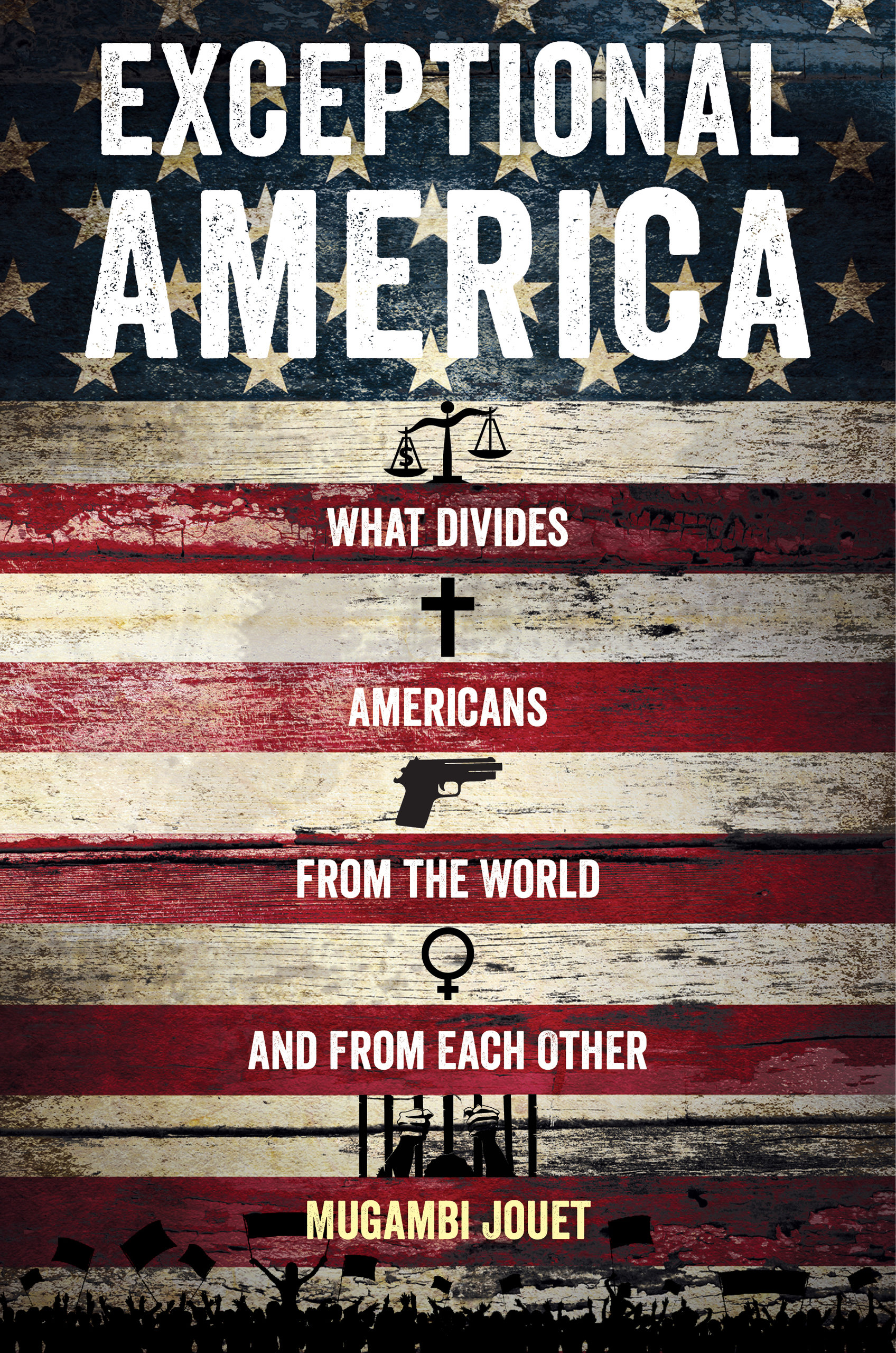EP 41 MARK ZUCKERBERG’S BIG IDEA–ANY TRACTION FOR IT?
 Dr. Mark W. Hendrickson
Dr. Mark W. Hendrickson
Fellow, Economic & Social Policy
Facebook founder, Mark Zuckerberg, got much attention for his commencement address at Harvard University(you know the place where he dropped out) suggesting that America needed to adopt a ‘universal basic income'(UBI) for its citizens. While the concept is being floated in different parts of the world, the idea of paying citizens a subsistence baseline seems far-fetched in the last Western society to truly come to grips with how to pay for health care. Yet, it’s now on the table here and Mark Hendrickson, of The Center for Vision and Values at Grove City College in Pennsylvania, shares his concerns and engages in an exchange regarding the pro’s and con’s of UBI.
Podcast: Play in new window | Download
 Out of sight, out of mind. Do you give much, if any, thought to the waste stream and how we’re doing as a society to recycle and re-use plastics, glass and other materials as the byproducts of our voracious appetite for consumption? CJ May has given lots of thought to the subject as one who has a Master’s degree from Yale University’s School of Forestry & Environmental Studies. He was also Yale’s recycling coordinator for twenty years and now holds the same position with the City of Waterbury, Connecticut. His opinions on where our recycling efforts are headed are his own–and are very entertaining and informed.
Out of sight, out of mind. Do you give much, if any, thought to the waste stream and how we’re doing as a society to recycle and re-use plastics, glass and other materials as the byproducts of our voracious appetite for consumption? CJ May has given lots of thought to the subject as one who has a Master’s degree from Yale University’s School of Forestry & Environmental Studies. He was also Yale’s recycling coordinator for twenty years and now holds the same position with the City of Waterbury, Connecticut. His opinions on where our recycling efforts are headed are his own–and are very entertaining and informed.
 The concept of American exceptionalism is often associated with a patriotic sense that our country is better than the rest–and politicians on the left and right both throw the term around. Yet there are a number of other interpretations of that phrase. Some say our founding made us destined to be unique among all the world’s nations, built on freedom, justice, equality and liberty. However, there a more recent interpretations of the concept that are not as kind. Could we have great gifts, yes, but be ‘exceptional’ because we are an outlier among Western nation in terms of our approach to many issues, such as guns, mass incarceration, the death penalty and health care as a right? Stanford law professor, Mugambi Jouet, author of ‘Exceptional America’ joins us to discuss this critical examination of American values
The concept of American exceptionalism is often associated with a patriotic sense that our country is better than the rest–and politicians on the left and right both throw the term around. Yet there are a number of other interpretations of that phrase. Some say our founding made us destined to be unique among all the world’s nations, built on freedom, justice, equality and liberty. However, there a more recent interpretations of the concept that are not as kind. Could we have great gifts, yes, but be ‘exceptional’ because we are an outlier among Western nation in terms of our approach to many issues, such as guns, mass incarceration, the death penalty and health care as a right? Stanford law professor, Mugambi Jouet, author of ‘Exceptional America’ joins us to discuss this critical examination of American values Mob historian, Daniel Simone, a prolific author who co-write with Henry Hill ‘The Lufthansa Heist: Behind the Six-Million Dollar Cash Haul That Shook the World’ and, most recently, ‘The Pierre Hotel Affair’, describes the changes in organized crime approaches in the 21st century. They are certainly not gone and will never be forgotten in the annals of America crime history. As a bonus feature in this segment on organized crime is an interview with Joe Pistone, aka ‘Donnie Brasco’ and his time as an undercover FBI agent trying to break one of New York’s most powerful crime families.
Mob historian, Daniel Simone, a prolific author who co-write with Henry Hill ‘The Lufthansa Heist: Behind the Six-Million Dollar Cash Haul That Shook the World’ and, most recently, ‘The Pierre Hotel Affair’, describes the changes in organized crime approaches in the 21st century. They are certainly not gone and will never be forgotten in the annals of America crime history. As a bonus feature in this segment on organized crime is an interview with Joe Pistone, aka ‘Donnie Brasco’ and his time as an undercover FBI agent trying to break one of New York’s most powerful crime families.


 Amy Goldstein is a Pulitzer Prize winning reporter who spent years documenting the aftermath of the economic meltdown in Janesville, Wisconsin in the wake of the closure of its long standing General Motors plant. It’s a familiar story with consequences that seep into every crevice of the community. She tells it through personal story highlighting the ‘cast of characters’ left to pick up the pieces of a broken community. This episode is part of our mini-series, ‘Men Without Work’.
Amy Goldstein is a Pulitzer Prize winning reporter who spent years documenting the aftermath of the economic meltdown in Janesville, Wisconsin in the wake of the closure of its long standing General Motors plant. It’s a familiar story with consequences that seep into every crevice of the community. She tells it through personal story highlighting the ‘cast of characters’ left to pick up the pieces of a broken community. This episode is part of our mini-series, ‘Men Without Work’.